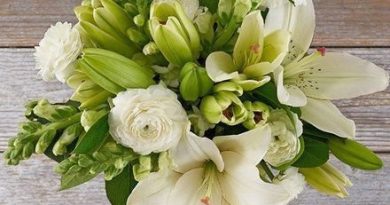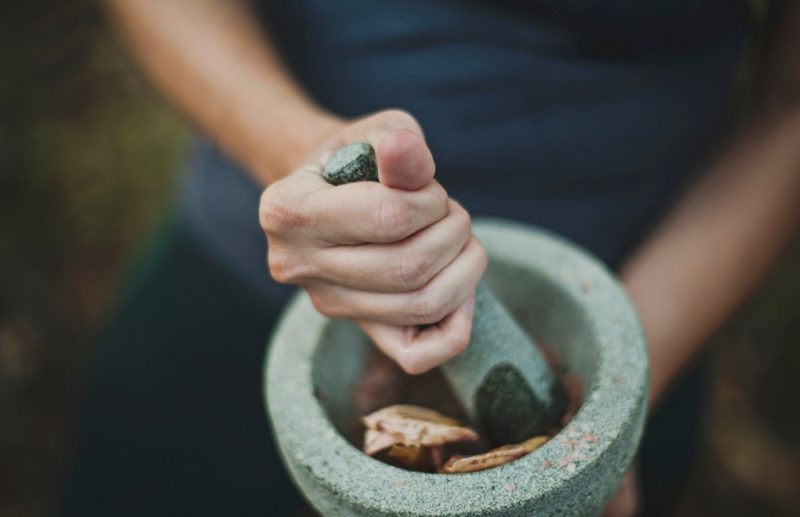The Role of Botanicals in Achieving Better Sleep and Relaxation
Getting a good night’s sleep is essential for both your physical and mental health, yet for many, falling asleep or staying asleep can be difficult. Stress, anxiety, and sleep disturbances often cause restless nights, preventing the body and mind from fully relaxing. While there are various approaches to improving sleep, one of the most natural and effective methods is using botanicals. These plants have been relied on for centuries to promote relaxation and support deeper, more restful sleep. Here’s how botanicals can help you unwind and achieve a more peaceful night’s rest.
Why Sleep Matters
Before diving into how botanicals can help, it’s important to understand why sleep is so vital. Sleep is not just a time for the body to rest; it’s when the body repairs itself, processes emotions, and restores energy. Chronic sleep deprivation can be the cause of a range of issues, including weakened immunity, mood disturbances, and reduced cognitive function. Getting consistent, quality sleep is key to staying healthy and maintaining mental clarity.
Botanicals That Promote Sleep and Relaxation
The good news is that nature provides us with a wide array of botanicals that can support better sleep and relaxation. These plants offer calming, sedative, and stress-relieving properties that can help you wind down and prepare for a restful night.
- Lavender
Lavender is one of the most well-known botanicals for relaxation. The soothing aroma of lavender has been shown to help reduce anxiety and promote a calm state of mind. Whether you choose lavender essential oil in a diffuser, a lavender-scented pillow spray, or a warm cup of lavender tea, this herb can be a gentle way to prepare your mind and body for sleep.
- Chamomile
Chamomile is another favorite herb for sleep. Its mild sedative effects make it perfect for relaxing the nervous system. A warm cup of chamomile tea before bed can help you unwind, ease tension, and prepare for restful sleep. Chamomile is also known for its ability to reduce stress and anxiety, two common culprits behind sleeplessness.
- Valerian Root
Valerian root has been used for centuries to promote relaxation and improve sleep. Known for its sedative properties, valerian root can help reduce the time it takes to fall asleep and increase the quality of your sleep. Whether taken as a tea, tincture, or supplement, valerian root can help soothe an overactive mind and encourage a night of deep, restful sleep.
- Passionflower
Passionflower is a calming herb that has been shown to help reduce anxiety and insomnia. This botanical can be especially helpful for people who have issues with stress or racing thoughts. Passionflower helps to relax the mind, making it much easier to drift off.
- Kratom
For those looking for extra support in relaxation and stress relief, kratom is a botanical to consider. Recognized for its calming effects and mood-boosting properties, kratom can help reduce anxiety and foster a greater sense of well-being. Although it’s not primarily used as a sleep aid, many find that it promotes relaxation, so it is easier to fall asleep and, importantly, stay asleep through the night.
If you’re interested in exploring kratom as part of your wellness routine, you can find it at https://hiddenvalleybotanicals.com/.
How to Use Botanicals for Sleep
Integrating botanicals into your evening routine can be a simple and effective way to enhance your sleep quality. Here are some practical tips for using these herbs:
- Herbal Teas: The process of making and sipping a cup of herbal tea before bed is an easy way to incorporate botanicals into your routine.
- Aromatherapy: Diffusing essential oils in your bedroom can create a calming atmosphere that promotes relaxation.
- Supplements: Valerian root and passionflower are often available in supplement form. These can be taken in capsule or tincture form about 30 minutes before bedtime for maximum effectiveness.
- Topical Applications: Lavender oil and valerian root can also be applied topically in the form of lotions or oils, massaging them into the skin to help promote relaxation.
Creating a Relaxing Sleep Environment
In addition to using botanicals, creating the right environment is essential for better sleep. Make sure your bedroom is cool, dark, and quiet. Consider incorporating a bedtime ritual, such as a warm bath with essential oils or listening to calming music. Limiting screen time and caffeine intake in the hours leading up to bedtime can also help signal to your body that it’s time to wind down.
Consistency Is Key
For botanicals to be effective, consistency is key. Make them part of your nightly routine, and over time, you’ll likely begin to notice an improvement in your sleep quality. While botanicals can help promote relaxation and better sleep, it’s important to remember that everyone’s body is different. What works for one person might not work for another, so take the time to experiment with different botanicals and find what works best for you.





It is good to have a variety of natural methods to help with sleep. I’ll have to look into some of these for a better night’s sleep.
Thanks for your review on Role of Botanicals in Achieving Better Sleep and Relaxation. My husband and I both have started having sleep issues. I love your idea of sipping botanical tea before bed. I think we will start with valerian root. Thanks!
I am SUCH a terrible sleeper so this post is super helpful for me. I have tried chamomile and lavender —lavender is one of my “go-to’s” for relaxation, but I hadn’t thought much about valerian root before. I’ll give it a try!
Wonderful to know about the variety of botanicals that aid in better sleep and relaxation. Indeed herbal teas and aroma therapy are great ways to incorporate them. Supplements and topical applications are also helpful. Thanks for sharing!
I’m a big, big fan of chamomile. I have it in my tea every night before bed, and it’s incredibly helpful.
I definitely need to look into botanicals. I have such a hard time sleeping sometimes.